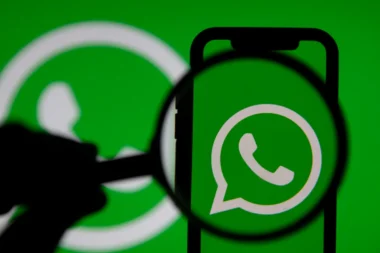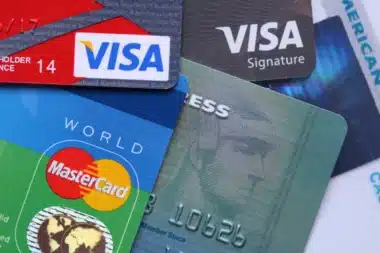Bulgaria is gearing up for a big change as it gets ready to switch its official currency to the Euro. The move has already earned a thumbs-up from the European Central Bank (ECB) and should kick in on January 1st. The ECB is set to wrap up its final decision by early July. This switch isn’t just about money—it’s also set to shake things up for Bulgaria’s travel scene and strengthen its ties with Europe.
Economic transition and european integration
Since its entry into the European Union in 2007, Bulgaria has stuck with its own currency, the Bulgarian lev. Even though the government has been pushing for a spot in the Eurozone, political ups and downs (think seven elections since 2021) have slowed things down. With most governments lasting less than a year, the process has hit a few bumps. Still, the current team is all in on the Euro change, viewing it as a step toward better economic steadiness and joining forces with Europe.
Switching to the Euro is seen as a shot at revving up Bulgaria’s economy. By joining the Eurozone, the plan is to pull in more foreign investment and keep the country’s money matters simpler—no more juggling exchange rates between the lev and the euro when dealing with other EU nations.
Blue circle in WhatsApp: why it is (also) advisable to disable it and how to proceed
A boost for tourism
Tourism is set to get a nice lift with Bulgaria’s move to the Euro. With around 14 million tourists coming through each year, including 200,000 French visitors, this change makes traveling a lot smoother. Visitors from Eurozone countries won’t have to worry about swapping currency when they land, which might even bump up visitor numbers.
Bulgaria remains a top pick for many thanks to a living cost about 30% lower than France. Its unspoiled coastline stands out as a lesser-known haven for those after a more laid-back beach vibe (a real gem compared to the usual busy spots). Also, getting there is a breeze—flights from four major French airports land in Sofia, the capital, in under three hours.
What people are saying
Even though the government is backing the switch, the public is a bit split on the idea. A survey by the European Commission’s Eurobarometer in May shows that 50% of Bulgarians oppose the currency change, while 43% are in favor. The numbers have shifted since last autumn, with worries about rising prices and losing control over their own monetary system fueling the debate.
Supporters, on the other hand, say that making the jump to the Euro could give Bulgaria’s lesser-known travel sector a nice boost. Prices remain very attractive—for example, a cup of coffee runs about $1.06, and you can grab a beer for around $2.12 to $3.18, which is way cheaper than what you’d pay in much of Western Europe.
Looking back and ahead
Bulgaria’s long ties with Russia add an extra twist to its economic scene. But by leaning more into Western Europe through the Euro, it might be signaling a shift toward building stronger bonds with the EU (think of it as a fresh start).
As the country gears up for this major shift, there are both hurdles and bright spots on the horizon. The benefits could mean better economic growth and an even more attractive spot for travelers, thanks to smoother money exchanges across Europe.
With the ECB expected to give its final nod soon, we could see these changes in play as early as January 1st next year—opening up a world of new possibilities not just for Bulgaria, but for all the globetrotters looking to explore this culturally rich destination without any money hassles holding them back.
This shift is sure to make us rethink how big money moves can shape national pride while paving the way for even closer international teamwork—a trend to keep an eye on as Europe keeps evolving.






